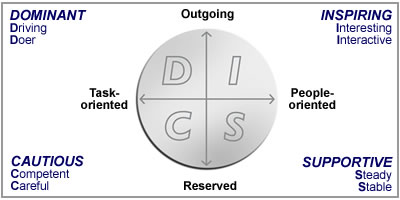By Robine Jean-Pierre

provided by Pixnio
In my previous post, I talked about the concept of the Four Temperaments, which is discussed in depth in Florence Littauer’s book, Personality Plus. After taking the personality profile included in the book, I discovered that I am primarily a Perfect Melancholy. I would love to share some of my exciting and challenging realizations with you. Maybe this will help you if you have the same temperament, or if you know someone who does.
My Strengths
For one thing, my intellectual, analytical nature has contributed to my success at school. I won’t say it’s been easy or effortless to get high grades; what I will say is that I’ve had more of a desire and an aptitude to excel in academic pursuits. It helps that I love to learn for the sake of learning.
Creativity and artistic ability are also strengths of mine. I sing, compose, write, play piano and guitar, and draw pretty well (at least in my opinion!). It’s easy for me to catch the melody of a song I’ve only heard once, draw realistic cartoons, or write haikus on the spot, for example.
My Weaknesses
Being the analytical, planning type can also be a setback. Sometimes I get so stuck in my mind that it’s hard to turn thoughts into actions. I gave my fiancé Angel a hard time when he taught me how to play chess, because I felt as if every move I made had to be the “right” one. You can imagine how long our games went on for.
The need to do things the “right” way leads into the bigger issue of perfectionism. I’ve often set unrealistically high expectations for those closest to me. With my sister, I’ve been too critical, practically looming over her shoulder and correcting her every move. As you can imagine, this has often annoyed her. (It doesn’t help that both my mom and aunt are also Perfect Melancholies.) With my fiancé Angel, my reserved, introverted tendencies make me self-conscious and easily embarrassed. As a Popular Sanguine, he can be very over the top in expressing himself–loud declarations of his love for me, singing on the train, dancing in the streets–and I can be harsh in the way I express my disdain, with jabs or death stares.
My Outlook
The way I see it, knowing my strengths and weaknesses can set the tone for all areas of my life, from my relationships to my career path. Understanding my temperament means avoiding situations that I am not well-suited to handle (unless there is room for growth or other gain). For example, being a planned and orderly person, I would not take on a job that seems to be too chaotic and spontaneous; teaching a kindergarten class could potentially lead to an emotional breakdown.
Conversely, understanding my temperament means making choices that will highlight and reinforce my strengths. To give one example, I often take the initiative in planning dates with Angel because we both agree that I do this well.
I hope this helped you get a better understanding of what Perfect Melancholy people are like. Chances are you or someone you know has a personality that aligns with this temperament. What are some takeaways that might change how to interact with them, or how you view yourself? Please feel free to share your thoughts with me below.





